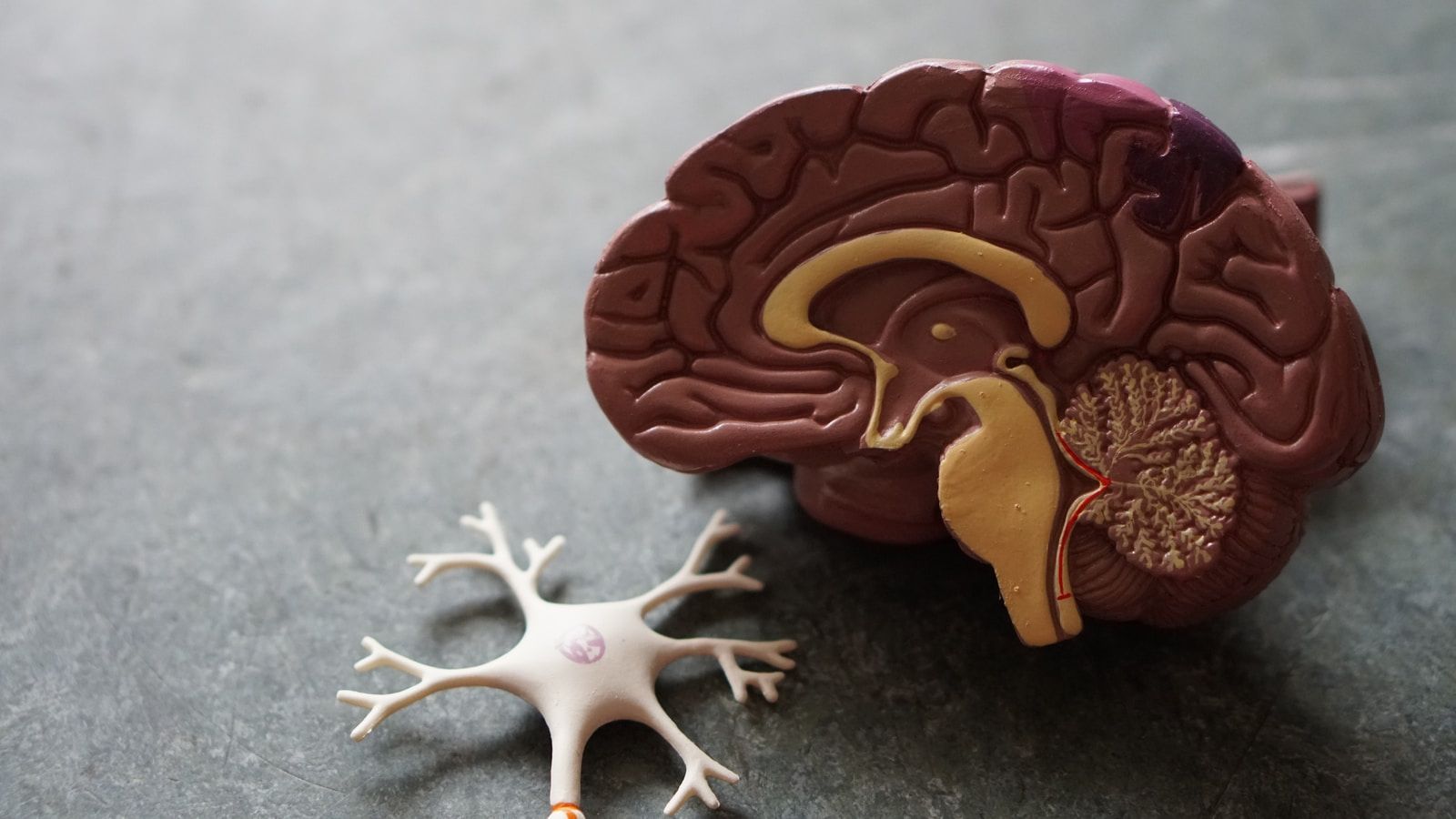
How psychologists contribute to bariatric surgery success
Bariatric surgery is one of the most common recent advancements for the treatment of obesity. Where obesity is a cause of metabolic syndrome contributing adversely to the physical health of the patient, it is also a significant cause of social stress among obese people.
Depression and mood disorders are common among most people. Studies have revealed that those with a BMI of more than 40 are five times more likely to suffer from depression than those with an average BMI. Anxiety disorders are diagnosed in 48% of candidates for bariatric surgery.
Bariatric Surgery contributes to the reduction in depression in almost all the candidates, at least initially. Depression scores fell 40% in patients after bariatric surgery. A similar reduction was found in anxiety scores. However, two to four-year assessments after the first one showed increased scores compared to initial scores after surgery.
Expectations of patients after surgery
Initial frequent visits with proper psychological assessments play a vital role in evaluating the patient’s mental health. Patients regain their self-esteem, self-confidence, and expressiveness. These are correlated to a significant improvement in body image and weight-loss satisfaction after surgery. These are usually common findings, especially in initial assessments of the patients. However, later on, a decline in self-esteem and motivation is observed. This may be because of many reasons, which may include:
The slow rate of weight loss
Loss of motivation
Decrease frequency of visits and evaluation
Preoperative high expectations of the patient
Difficulty in coping up with the new life events
Reactions to postoperative undesired outcomes of surgery.
Why is psychological assessment critical?
The success of bariatric surgery does not only lie in simply the procedure. The actual aim is met when desired outcomes are achieved. This is done by psychological evaluation of the patient. This is essential because the behavioral changes secondary to new experience and lifestyle in a patient after surgery contribute to his continuity in motivation and efforts for adjustment.
Psychological assessments are essential to analyze the patient preoperatively, know his mental status, attitude towards the surgery, his motivations and expectations before surgery, his concerns for the post-operative period, and motivate him to seek help in case of any undesired experience post-operatively. It is also essential to prepare the patient by educating and counseling him about all the possible surgery outcomes and the idea of his new lifestyle changes.
Some necessary assessments to look for while evaluating a patient for bariatric surgery
These are behavioral status, cognitive and emotional status, and current situation
Behavioral status evaluation includes:
Past weight loss attempts
Eating patterns
Physical activities
Substance abuse
Impulsive or compulsive behavior
Criminal intents
Cognitive and emotional status evaluation includes:
Cognitive functioning
Proper understanding of risks and rewards of surgery
Coping skills
Psychopathology
Current information about the following is important
Stresses
Motivation and expectations
Social support
CONCLUSION
Bariatric surgery success lies in proper evaluation of the patient’s physical and mental health preoperatively and postoperatively. Psychologists play a vital role in contributing to the counseling of the candidates and motivating them for better expectations, and helping them overcome the unwanted side effects of the surgery. There are various key points for assessing the patients before surgery. Evaluation of the mental health conditions helps in improving the long-term outcomes of the surgery.
For more interesting information, go to:
https://doctorobesity.com/life-after-bariatric-surgery/







